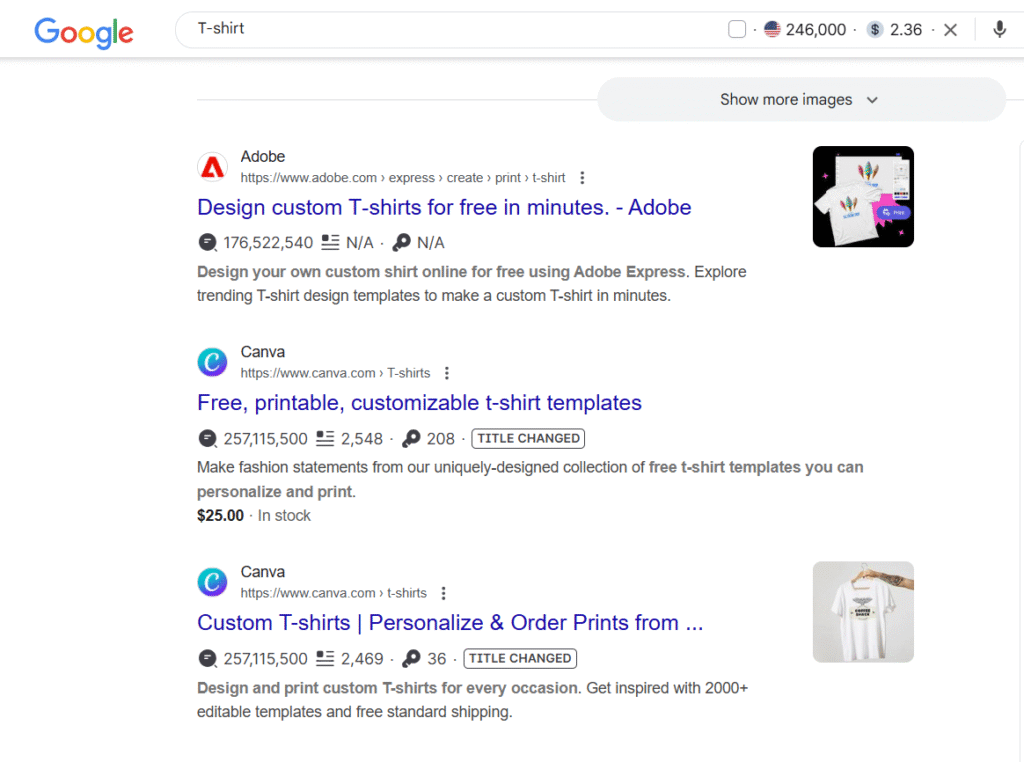In today’s digital world, simply having a website is not enough. If people can’t find your website in search results, you miss out on traffic, leads, and growth. That’s where SEO comes in.
This guide will explain what is seo, how it works, and how beginners can start using it to rank higher on Google and other search engines.
What Does SEO Mean?

SEO stands for “Search Engine Optimization.” It is the process of optimizing your website so that it ranks higher in search engine results pages (SERPs) for specific keywords or phrases that users search for.
Understanding what is SEO is crucial for anyone looking to enhance their online presence.
When done properly, SEO can help you gain organic (unpaid) traffic from search engines. like Google, Bing, or Yahoo.
Why is SEO Important?
- Most online experiences begin with a search engine.
- Ranking on the first page of Google leads to higher visibility and trust.
- SEO drives free, targeted traffic to your website
- It builds long-term credibility and brand awareness.
In short, SEO helps people find you when they search for something you offer.
How Do Search Engines Work?
Search engines go through three key steps:
- Crawling – Bots scan websites and web pages for new content.
- Indexing – Discovered pages are added to the search engine’s database.
- Ranking – Pages are ranked in search results based on relevance, authority, and user experience.
SEO is all about making sure your website is easy for search engines to crawl, index, and rank.
Types of SEO
On-Page SEO
This involves optimizing elements within your website, including:
- Title tags and meta descriptions
- Heading structure (H1, H2, H3)
- Keyword usage in content
- Internal linking
- Image optimization with alt text
When you understand what is SEO, you can better align your strategies with user intent.
Off-Page SEO
This refers to actions taken outside your website to improve your rankings, such as:
- Earning backlinks from reputable websites
- Guest blogging on other sites
- Social sharing and brand mentions
To maximize your impact, learn what is SEO and how to implement it effectively.
Technical SEO
This focuses on improving the infrastructure of your website to help search engines crawl and index it better:
- Fast page loading speed
- Mobile responsiveness
- HTTPS security
- Fixing broken links and duplicate content
- Proper sitemap and robots.txt configuration
Incorporating what is SEO into your content strategy can drive significant growth.
What Are Keywords in SEO?

Keywords are the words or phrases users type into search engines. Your job is to include relevant keywords in your content so that your pages match what people are searching for.
For example:
If the keyword is “best SEO tools,” your blog post should include that phrase and answer related questions about SEO tools.
Use keyword research tools like:
- Google Keyword Planner
- Ubersuggest
- Ahrefs
- SEMrush
Benefits of SEO for Beginners
- Drives consistent and free traffic to your site
- Builds authority and trust
- Offers better ROI compared to paid ads
- Improves the user experience
- It helps you reach global audiences
SEO is one of the most effective digital marketing strategies available today.
How to Get Started with SEO
- Choose a target keyword for your page or blog post.
- Create high-quality, helpful, and unique content.
- Optimize your content with proper headings, title, meta tags, and URLs
- Add internal links to related pages on your site.
- Promote your content to earn backlinks.
- Tools like Google Search Console and Google Analytics are used to monitor performance.
Common SEO Terms
Term Definition
SERP Search Engine Results Page
Organic Traffic Free visitors from search engines
Backlink: A link to your site from another website
Meta Tags: HTML tags that describe your page content
Bounce Rate Percentage of visitors who leave quickly after landing
FAQs
Is SEO hard to learn?
No. SEO can be learned step by step, especially with consistent practice and research.
How long does it take to see SEO results?
Usually between 3 to 6 months, depending on competition and content quality.
Can I do SEO by myself?
Yes. With the right tools and knowledge, beginners can manage SEO effectively on their own.
Which is better: SEO or paid ads?
SEO offers long-term value, while paid ads stop bringing traffic once your budget runs out.
Conclusion
SEO is not about tricking Google — it’s about understanding how search works and creating valuable content that people want to see. If you’re serious about growing your website, learning SEO is the best place to start.
Start small, stay consistent, and watch your rankings improve over time.

